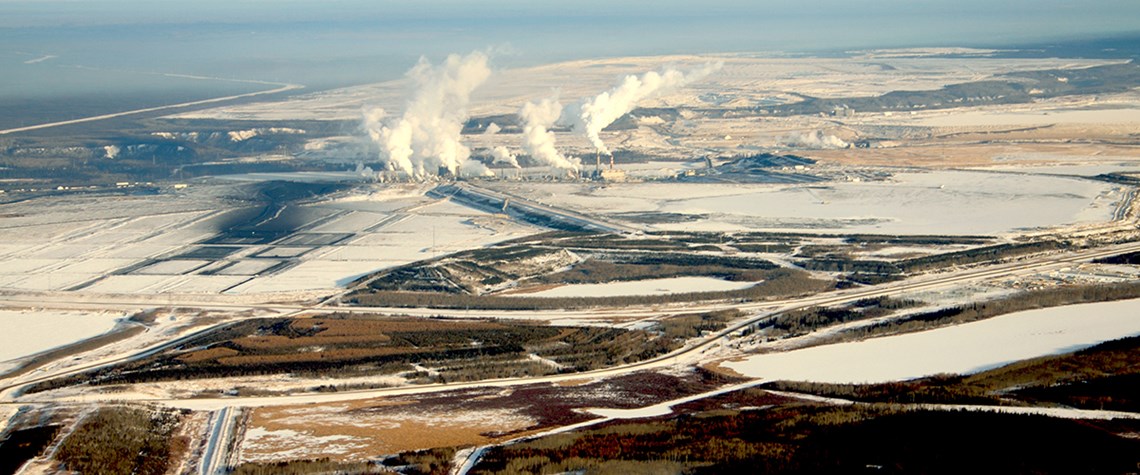Canada's home-ice advantage
Vast reserves are the oil sands' main advantage. Local producers think they can drive costs down where foreign entrants couldn't
Investing in Canada's oil sands has long been a tightrope of enormous returns versus the time value of money. With the world's third-largest oil stash—after Saudi Arabia and Venezuela—the value proposition of some 165bn barrels would seem clear. Yet the size of the prize has long been overshadowed by the combination of huge upfront costs and volatile world oil prices. Billion-dollar overruns on major capital projects are the norm and producers have had to struggle to keep operating costs low enough to be profitable. Major oil companies were willing to overlook those hurdles as long as conventional reserves were declining and they could book hundreds of millions of barrels with virtually no e

Also in this section
18 February 2026
With Texas LNG approaching financial close, Alaska LNG advancing towards a phased buildout and Magnolia LNG positioned for future optionality, Glenfarne CEO Brendan Duval says the coming year will demonstrate how the company’s more focused, owner-operator approach is reshaping LNG infrastructure development in the North America
18 February 2026
The global gas industry is no longer on the backfoot, hesitantly justifying the value of its product, but has greater confidence in gas remaining a core part of the global energy mix for decades
18 February 2026
With marketable supply unlikely to grow significantly and limited scope for pipeline imports, Brazil is expected to continue relying on LNG to cover supply shortfalls, Ieda Gomes, senior adviser of Brazilian thinktank FGV Energia,
tells Petroleum Economist
17 February 2026
The 25th WPC Energy Congress, taking place in Riyadh, Saudi Arabia from 26–30 April 2026, will bring together leaders from the political, industrial, financial and technology sectors under the unifying theme “Pathways to an Energy Future for All”







